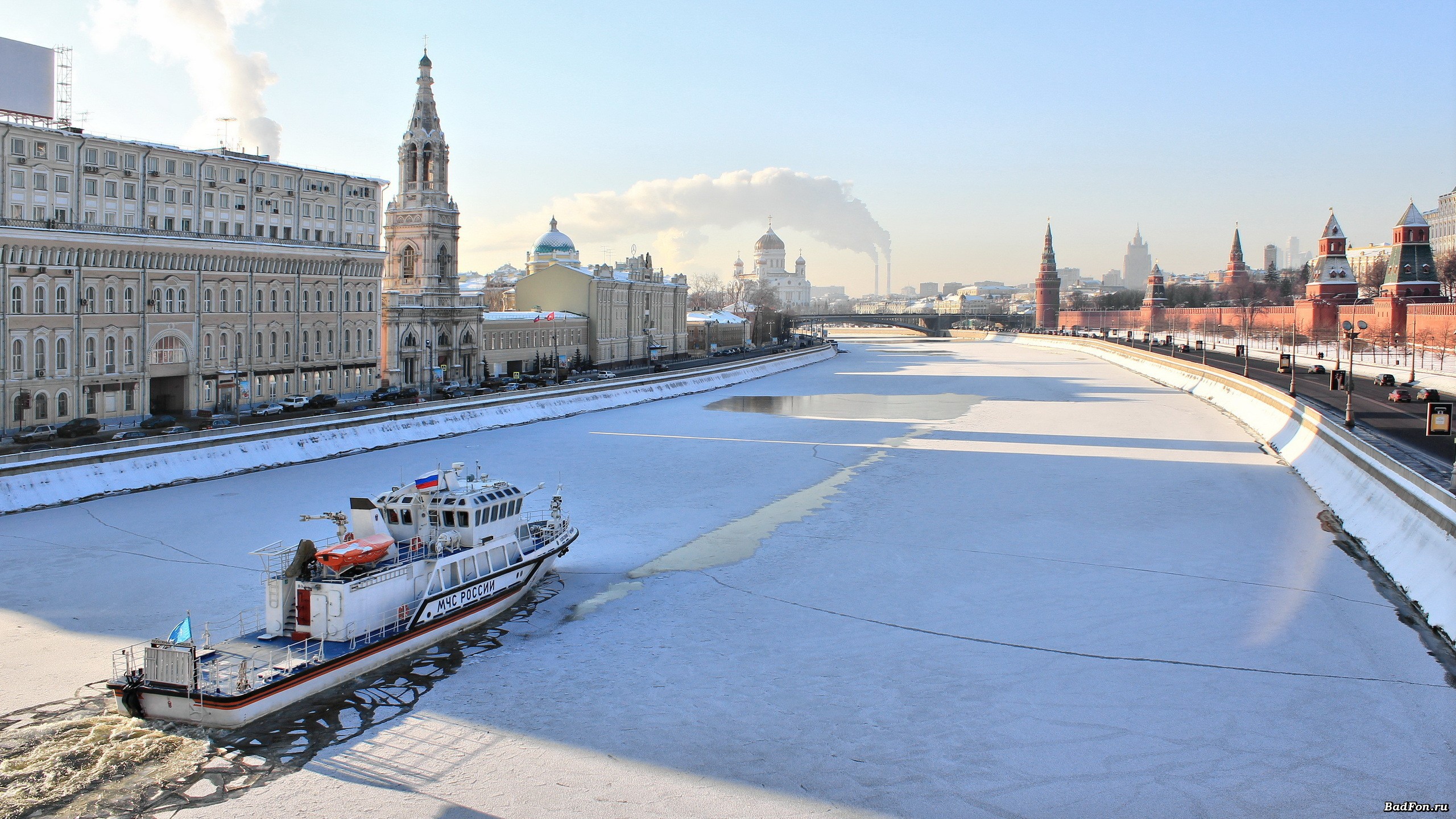The G7 leaders met in Bavaria this weekend and vowed to continue sanctions against Russia, with the option to add more, if the Minsk agreement continues to be violated. The Western leaders urged Russia “to use its considerable influence over the separatists” to fully abide by the agreement.
Welcome to our column, Russia Update, where we will be closely following day-to-day developments in Russia, including the Russian government’s foreign and domestic policies.
The previous issue is here.
UPDATES BELOW
Russia This Week:
– Is ‘Novorossiya’ Really Dead?
– From Medal of Valor to Ubiquitous Propaganda Symbol: the History of the St. George Ribbon
– What Happened to the Slow-Moving Coup?
– Can We Be Satisfied with the Theory That Kadyrov Killed Nemtsov?
– All the Strange Things Going On in Moscow
Special features:
– With Cash and Conspiracy Theories, Russian Orthodox Philanthropist Malofeyev is Useful to the Kremlin
– Alexey Navalny On the Murder of Boris Nemtsov
– Theories about Possible Perpetrators of the Murder of Boris Nemtsov
– Novaya Gazeta Releases Sensational Kremlin Memo
Please help The Interpreter to continue providing this valuable information service by making a donation towards our costsâ€.
